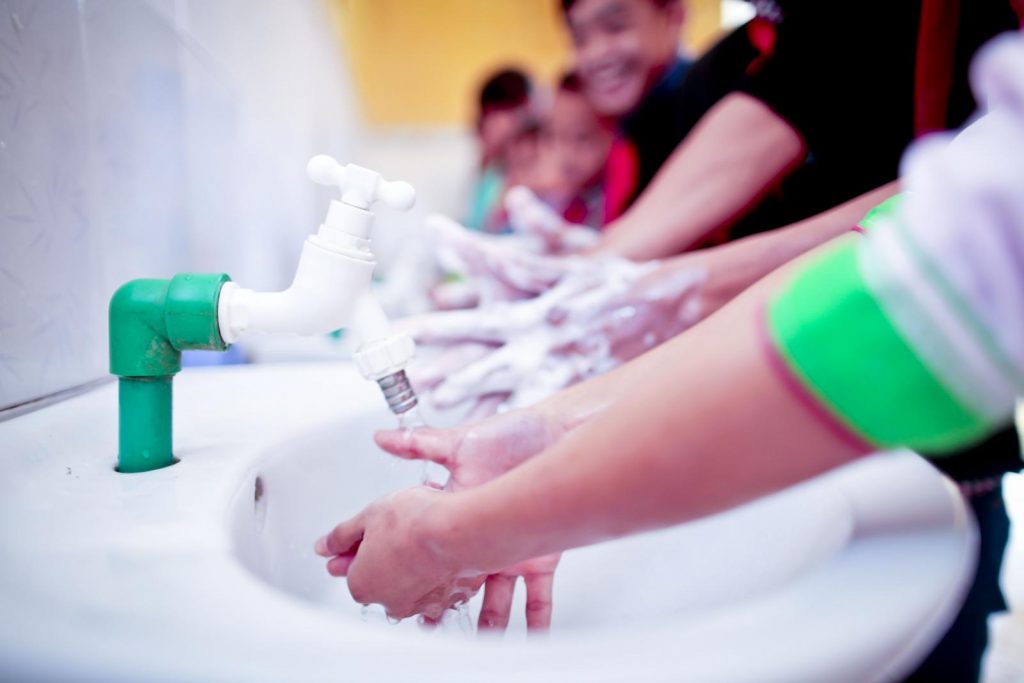advertisement
EY, SAP, Qualtrics join Forces towards The Global Fight Against COVID-19
Ernst and Young (EY) has formed a new partnership together with SAP and Qualtrics to provide resources to governments around…

Ernst and Young (EY) has formed a new partnership together with SAP and Qualtrics to provide resources to governments around the world as they battle the rapidly evolving COVID-19 pandemic.
These Qualtrics and SAP solutions will be implemented by EY and include tools to help governments pre-screen and route potential COVID-19 patients, support healthcare workers, and manage the flow of information and resources to their citizens.
To help manage the impact of the pandemic, EY, SAP, and Qualtrics have collaborated on providing agencies with a comprehensive set of services and solutions to meet the initial urgent and critical needs of governments, globally. These offerings are helping organizations take immediate action in the fight against COVID-19 and are available to all 50 U.S. states and more than 90 countries worldwide
advertisement
In addition, the services and solutions are provided in eight languages – English, Arabic, Italian, Spanish, Dutch, French, German, and Greek – through EY implementation and enablement services. Specifically, the solutions available to governments include:
Qualtrics COVID-19 Pre-Screening and Routing: This online, guided pre-screening questionnaire allows citizens concerned about COVID-19 to enter their symptoms, and automatically routes them to appropriate online resources or advises them to contact their doctor. It provides instant access to relevant health and safety resources and produces automatic reports that identify any gaps in information availability.
Qualtrics COVID-19 Dynamic Call Center Script: Local governments are standing up call centers (often for the first time) to respond to the crisis. To reduce call volume, and provide accurate, up-to-date information to callers, this solution directs citizens to the right resources based on their interests/questions. It also includes automatic reporting showing caller trends, patterns, and gaps in information requests.
advertisement
Qualtrics Healthcare Workforce Pulse: Governments need to monitor healthcare providers and their frontline healthcare workers within healthcare systems, hospitals, pharmacies, and clinics. This Healthcare Workforce Pulse is designed to capture feedback on the resources, safety, resilience, and communication needs of those treating patients with the disease.
Critical care protocol solution: This is a customized solution for governments and ministries of health directed at early identification for critical care/high-risk patients. This solution utilizes guidelines from the World Health Organization and the Edmonton Frailty Scale and is powered by a critical care protocol algorithm. The solution assists in early flagging of high-risk patients by sharing and analyzing results in real time, allowing for more targeted allocation of critical care services that are already in short supply.
The three together released the following statement regarding these solutions: “Governments around the world are having to act quickly and decisively as they lead their citizens through uncertain times. These solutions and services help governments quickly interact with their citizens at scale by providing a means of collecting and analyzing data in real time. This allows them to take immediate action amid an ever-changing situation and bring immense benefit to their citizens during the current crisis. We are proud to stand together to help governments use the power of experience management to navigate this difficult and unsettling situation as we all work to keep our communities and loved ones healthy and safe.”
advertisement
Public entities around the world are rapidly deploying these solutions and seeing immediate results. In the U.S., Africa, Europe, and APAC, state and country governments and agencies are running health assessments for citizens, identifying testing centers for those in need, and training screening and treatment follow-up. On a national level, countries around the world are asking what information citizens need and how they could work together to provide essential services during this worldwide pandemic.